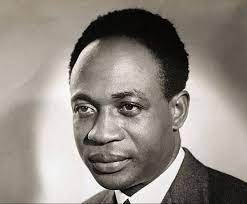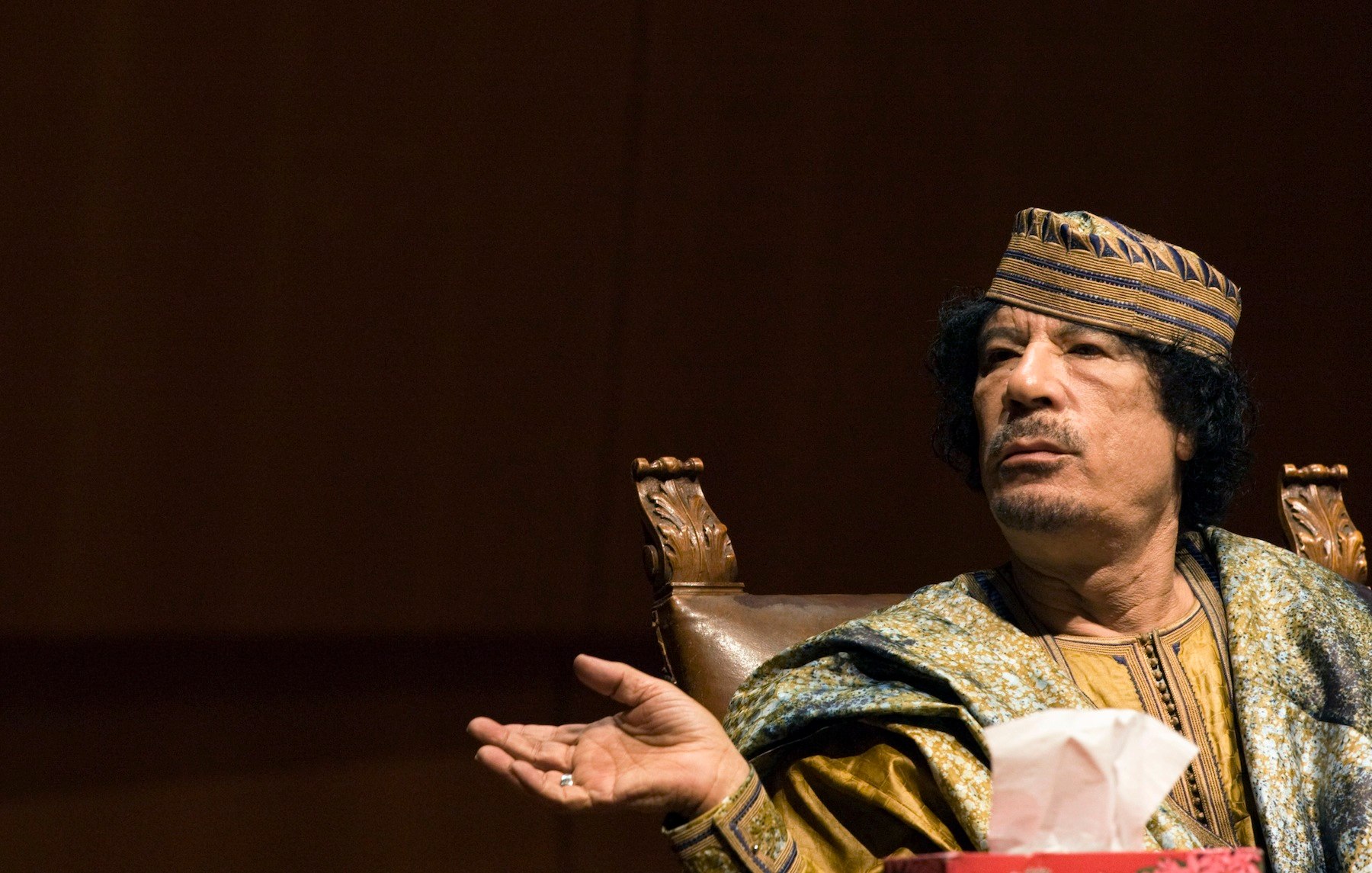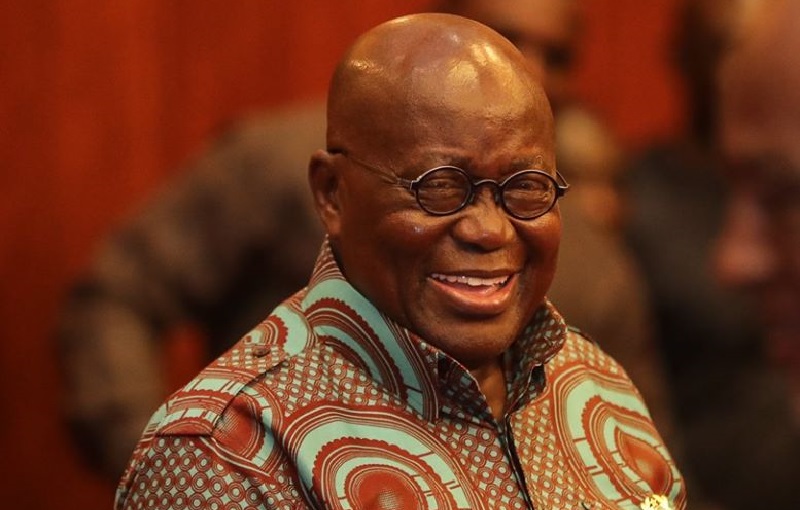From OAU to AU: A journey through Africa's political unity
The African Union (AU) is a continental organization comprising 55 member states, established to promote unity and solidarity among African countries, to spur economic development, and to promote international cooperation.
Its formation was driven by the need to address common challenges and to ensure a stronger and more cohesive political and economic bloc.
Here is a detailed look at the history and evolution of the African Union.
Origins: The Organization of African Unity (OAU)
The precursor to the African Union was the Organization of African Unity (OAU), established on May 25, 1963, in Addis Ababa, Ethiopia. The OAU was founded by 32 African states with the primary objectives of eradicating colonialism and promoting unity and cooperation among African nations. Key founding figures included Kwame Nkrumah of Ghana, Haile Selassie of Ethiopia, and Jomo Kenyatta of Kenya.
The OAU's mission was defined by three main goals:
To promote the unity and solidarity of African states.
To coordinate and intensify cooperation for development.
To safeguard the sovereignty and territorial integrity of member states.

Despite these ambitions, the OAU faced criticism for its inability to effectively intervene in conflicts and for its policy of non-interference in the internal affairs of member states.
Transition to the African Union
The need for a more effective and dynamic organization led to the transformation of the OAU into the African Union. This change was initiated during the 4th Extraordinary Session of the Assembly of Heads of State and Government of the OAU in Sirte, Libya, in 1999, where the Sirte Declaration called for the establishment of the African Union.
The Constitutive Act of the African Union was adopted on July 11, 2000, at the Lomé Summit in Togo. The AU was officially launched on July 9, 2002, in Durban, South Africa, replacing the OAU.
Objectives and Structure
The African Union aims to achieve greater unity and solidarity between African countries and peoples. Its objectives include:
Accelerating political and socio-economic integration of the continent.
Promoting and defending African common positions on issues of interest to the continent and its peoples.
Encouraging international cooperation.
Promoting peace, security, and stability on the continent.
Promoting democratic principles and institutions, popular participation, and good governance.

The AU's structure includes key organs such as:
The Assembly of the Union: Comprising heads of state and government, it is the supreme decision-making body.
The Executive Council: Comprising ministers or authorities designated by the governments of member states, it coordinates and takes decisions on policies in areas of common interest.
The Commission: The AU’s secretariat, responsible for the day-to-day management and administration.
The Pan-African Parliament: Established to ensure the full participation of African peoples in the development and economic integration of the continent.
The Peace and Security Council: Established to ensure peace and security across Africa.
Various specialized technical committees and financial institutions.
Key Achievements and Challenges
Since its inception, the African Union has made significant strides in various areas:
The establishment of the African Continental Free Trade Area (AfCFTA) to create a single continental market for goods and services.

Initiatives to promote peace and security, including interventions in conflict zones such as Darfur, Somalia, and the Sahel region.
Efforts to improve governance through the African Peer Review Mechanism (APRM).
Launching Agenda 2063, a strategic framework for the socio-economic transformation of the continent over the next 50 years.
However, the AU continues to face challenges such as limited financial resources, political instability in member states, and the need for stronger enforcement mechanisms for its policies and decisions.
ridoola.blogspot.com.ng
Comments
Post a Comment